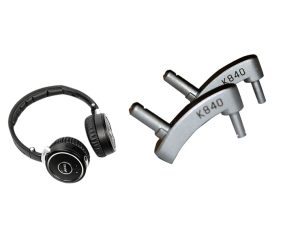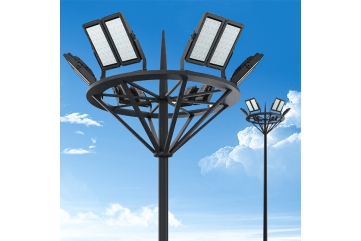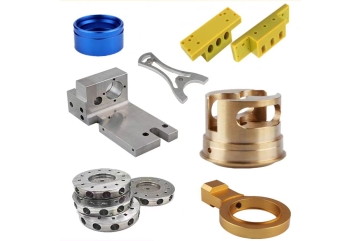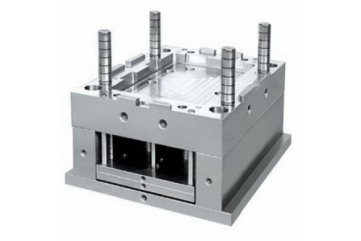Can you cast with zinc?
Zinc die casting is a well-established process used across various industries for producing high-quality, precise components. But can you cast with zinc? The answer is yes, and it’s not only possible but also highly efficient and beneficial for many applications.
Zinc die casting involves injecting molten zinc into a steel mold or die under high pressure. This process allows manufacturers to produce complex shapes with tight tolerances and smooth finishes. The characteristics of zinc make it an ideal material for casting, offering several advantages over other metals.
Advantages of Zinc Die Casting
1. Precision and Detail: Zinc’s properties allow for high precision and intricate detailing, making it suitable for parts requiring tight tolerances.
2. Durability: Zinc die cast parts are known for their strength and durability, with excellent resistance to wear and tear.
3. Cost-Effectiveness: The low melting point of zinc reduces energy consumption during the casting process, making it more cost-effective.
4. Corrosion Resistance: Zinc naturally resists corrosion, which extends the lifespan of the components.
5. Recyclability: Zinc is 100% recyclable, contributing to sustainability in manufacturing processes.

Applications of Zinc Die Casting
Zinc die casting is used in various industries, including:
Automotive: Components like carburetors, fuel pumps, and door handles are often made using zinc die casting.
Consumer Electronics: Housings and connectors benefit from the precision and durability of zinc.
Appliances: Many household items, such as locks and faucets, are made from zinc due to its strength and corrosion resistance.
Industrial Equipment: Zinc die cast parts are used in a range of machinery and equipment where precision and durability are critical.
The Zinc Die Casting Process
The process of zinc die casting can be summarized in the following steps:
Mold Design and Preparation: The process begins with the design of the mold, which is typically made of high-grade steel to withstand repeated use.
Melting the Zinc: Zinc is heated until it reaches a molten state, ready for injection into the mold.
Injection: The molten zinc is injected into the mold under high pressure, ensuring it fills all cavities and details.
Cooling and Solidification: Once injected, the zinc cools and solidifies quickly, forming the final part.
Ejection and Finishing: The part is ejected from the mold and may undergo additional finishing processes, such as trimming or coating.
Conclusion
Zinc die casting is a reliable and efficient method for producing high-quality components with intricate designs and tight tolerances. Its advantages, including cost-effectiveness, durability, and recyclability, make it a preferred choice in many industries. If you are considering casting for your next project, zinc offers a robust and versatile solution.




